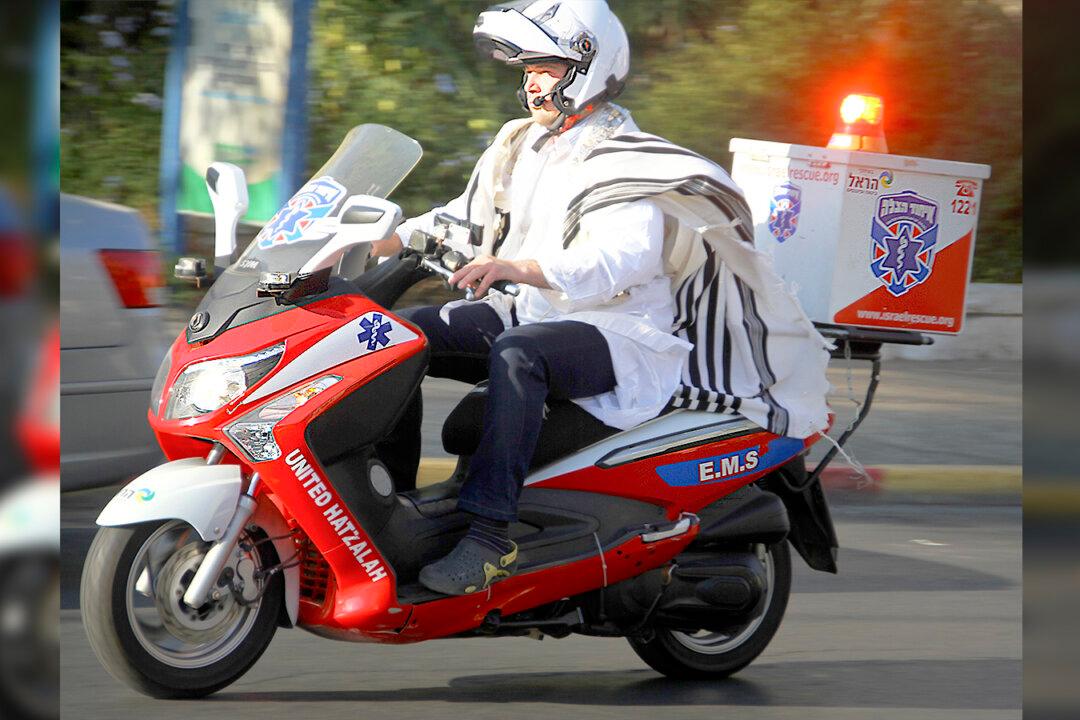An Israeli entrepreneur is uniting previously divided communities while at the same time accomplishing a common goal: saving lives.
Eli Beer, 46, runs United Hatzalah (rescue, in Hebrew), a network of several thousand trained volunteers providing first response in medical emergencies in his home country of Israel.





